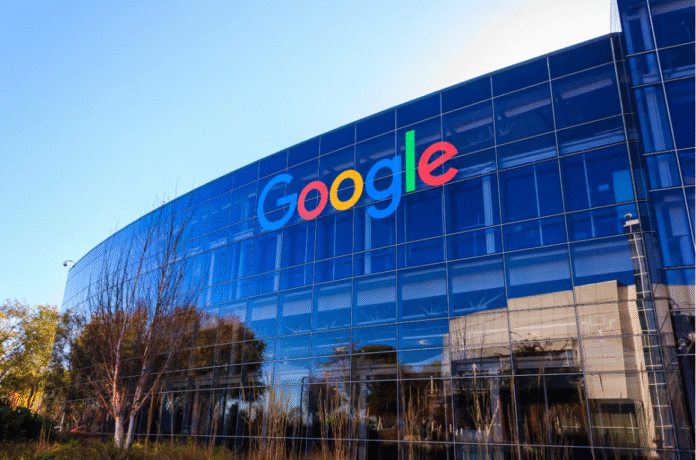A U.S. court order to share search data gives AI startups a chance to challenge Google, though rivals face steep costs and time barriers.
SAN FRANCISCO
Google’s dominance in search may soon face fresh challenges after a U.S. court ordered the tech giant to share key search data with competitors. The ruling, part of an antitrust case against Alphabet, gives emerging AI firms more tools to build alternatives, though experts caution it will take vast resources and time to compete meaningfully with Google.
The decision spared Google from the harsher outcome of losing control of its Chrome browser or Android operating system. But Judge Amit Mehta noted that generative AI has reshaped how people access information, with millions now using tools like ChatGPT, Claude, and Perplexity alongside traditional search. These platforms are expected to evolve further, bringing them closer to Google’s core business.
For now, Google retains its powerful distribution model, including deals that keep its search engine the default on Apple devices. Still, by easing data access, the ruling lowers barriers for rivals seeking to expand their own AI-driven search offerings.
Industry analysts say the challenge for competitors is not just access to data but the astronomical cost of building systems to rival Google’s index and user experience. While OpenAI, Perplexity, and other startups are investing heavily — with some exploring AI browsers — Google continues to innovate with features like AI Overviews to keep users within its ecosystem.
Though investors view Google as secure in the short term, the ruling underscores that both startups and tech giants could mount new offensives in the evolving search landscape.



